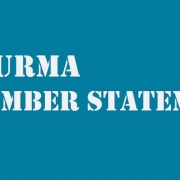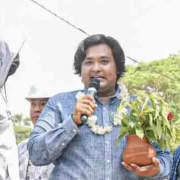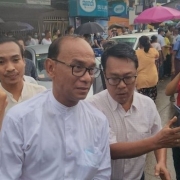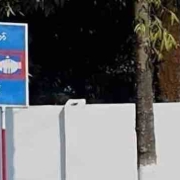The flow of injustice outlined in this report shines a light on the harsh reality political prisoners and their families must endure in Burma
It describes experiences of suffering and trauma that extend far beyond their time spent in prisons. From the moment of their arrest, they are subjected to evolving hardships, including brutal interrogations of torture and inhumane treatment. Even after their release, the aftermath of this ordeal continues to impact their lives. Political prisoners are left traumatised, but equally affected are their families and loved ones, who bear witness to violent arrests and are left without any information regarding their whereabouts, charges, or physical well-being.
The collateral damage caused by the flow of injustice reaches far wider than the individual political prisoner. Families and loved ones experience profound trauma, as they helplessly scramble to gain information through extortionate measures. The lack of information about their loved ones’ fate exacerbates the emotional and psychological toll they endure.
As Nelson Mandela said, who survived hardships not dissimilar to political prisoners in Burma, “No one truly knows a nation until one has been inside its jails. A nation should not be judged by how it treats its highest citizens but its lowest ones.” This resonates deeply with the plight of the people of Burma, where the Sit-tat ruthlessly suppresses any dissent and denies its citizens the fundamental rights and dignity they deserve. The interviews looked at in this report bear witness to the horrors of a regime that is determined to crush the spirit of its own people, perpetuating a cycle of suffering and injustice.
U Tate Naing, AAPP Secretary said “What we are facing today is the worst situation in all known times. In the past, most prisoners at least had a certain degree of safety from death, though there were always also people who were tortured to death during interrogation. However, nowadays the junta frequently takes political prisoners from their cells, to torture, severely injure, and kill. Despite imprisonment, political prisoners must live with concern of when they will get be away for brutal torture. This demonstrates the law has completely ceased to function. There is an urgent need for the world to not sit idly at these extrajudicial acts, and to take immediate action instead”
The international community, including ASEAN and the United Nations, must stand in solidarity with the people of Burma, only by working with them, can we expect to sever the flow of injustice and create a future for Burma where human rights are respected and justice prevails.
Assistance Association for Political Prisoners (AAPP)








